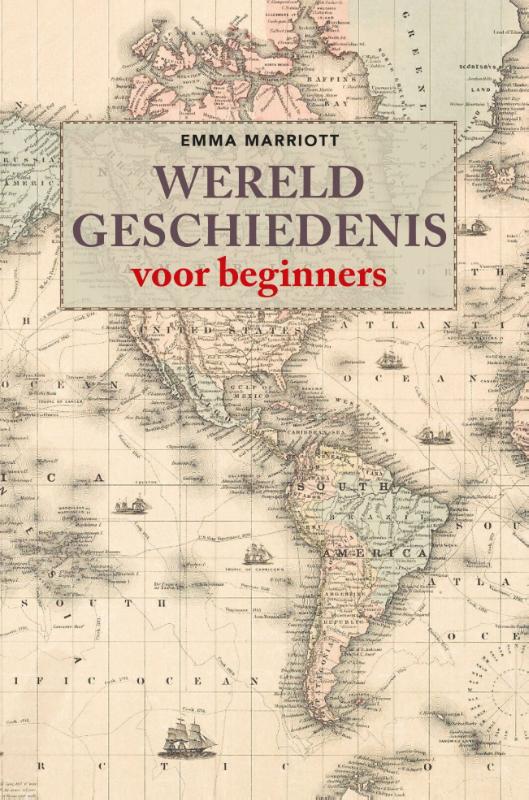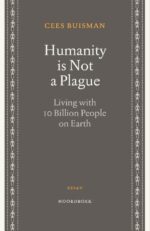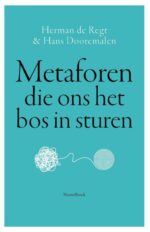Wereldgeschiedenis voor beginners
€ 22,90
Meer dan ooit vragen we ons af op welke wijze de geschiedenis ons heeft gevormd, en wat in de roerige tijd waarin we ons bevinden terug te voeren is op het verleden. Maar ja, hoe zat het ook alweer, en weten we eigenlijk wel voldoende van beschavingen buiten de ons bekende westerse wereld?
In dit tweede deel uit de serie stappen we met zevenmijlslaarzen door de wereldgeschiedenis, van het vroegste begin in 3500 voor Christus tot aan 1945, toen de wereld ook op zijn kop was gezet.
Het lijkt haast onmogelijk, maar Emma Marriott weet op een boeiende en uiterst toegankelijke manier ruim 5000 jaar geschiedenis terug te brengen tot de essentie.
Ze heeft er bewust voor gekozen om niet alleen te focussen op de Westerse wereld maar juist breder te kijken, en beschavingen naar voren te brengen die velen van ons niet veel zullen zeggen maar die wel van invloed zijn geweest op onze ontwikkeling.
Emma Marriott studeerde geschiedenis aan de University of Warwick en werkte bij een uitgeverij tot ze besloot zich te vestigen als freelance schrijver, ghostwriter en redacteur. Ze heeft meer dan tien boeken op haar naam staan.
Gerelateerde boeken
-
Humanity is Not a Plague
€ 19,90In ‘Humanity is Not a Plague’, Cees Buisman argues that it is possible for 10 billion people to exist together on this Earth – as predicted for the year 2100 – provided that the richer part of the world no longer merely focuses on its own health, prosperity and happiness, and instead starts working seriously on developing a higher consciousness.
In this essay, Buisman sharply analyzes some of the problems facing mankind, such as fresh water shortages, whilst overturning several clichés and offering unexpected, positive solutions. Overpopulation is not the problem; the effects of our actions on the rest of the world have a much greater impact. ‘Back to nature’ is not the solution, nor is an overreliance on science and innovation. Large-scale technologies could even increase our problems. It seems that the growth of humanity will depend on the growth of our consciousness.
Cees Buisman studied water purification engineering, in addition to business administration, communication theory and applied integral psychology. Throughout his life he has worked on new environmental technologies, which are used in industry all over the world. His scientific work is highly cited. Buisman is the Director of Wetsus – European Center for Sustainable Water Technology, and Professor at Wageningen University, in the Netherlands.
-
-




